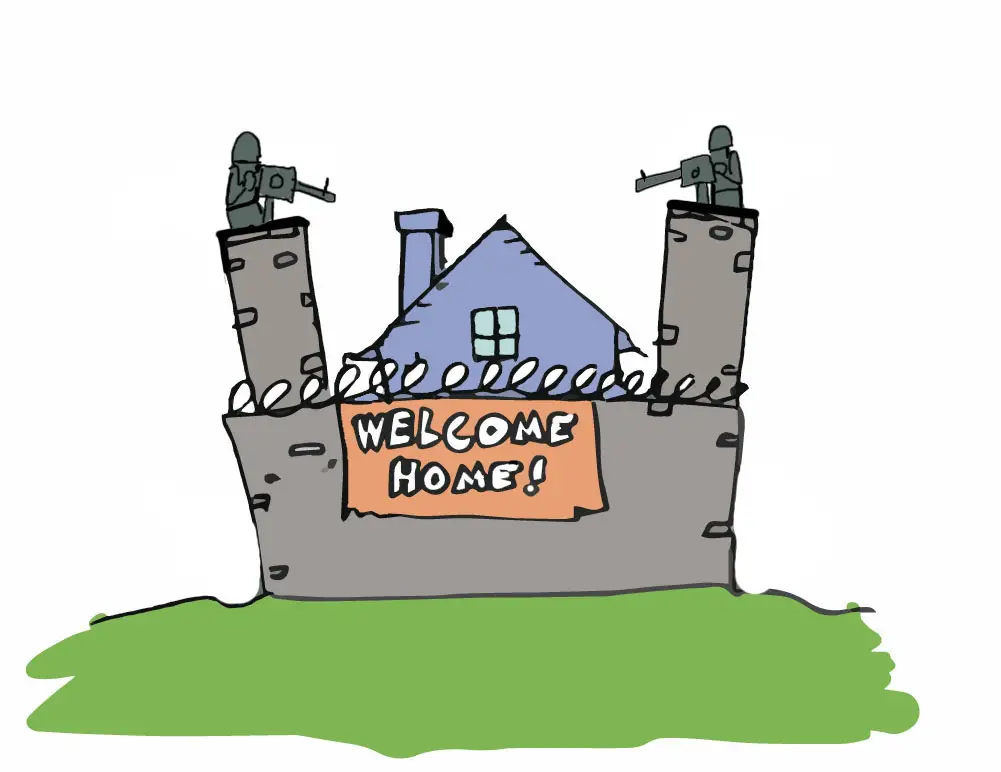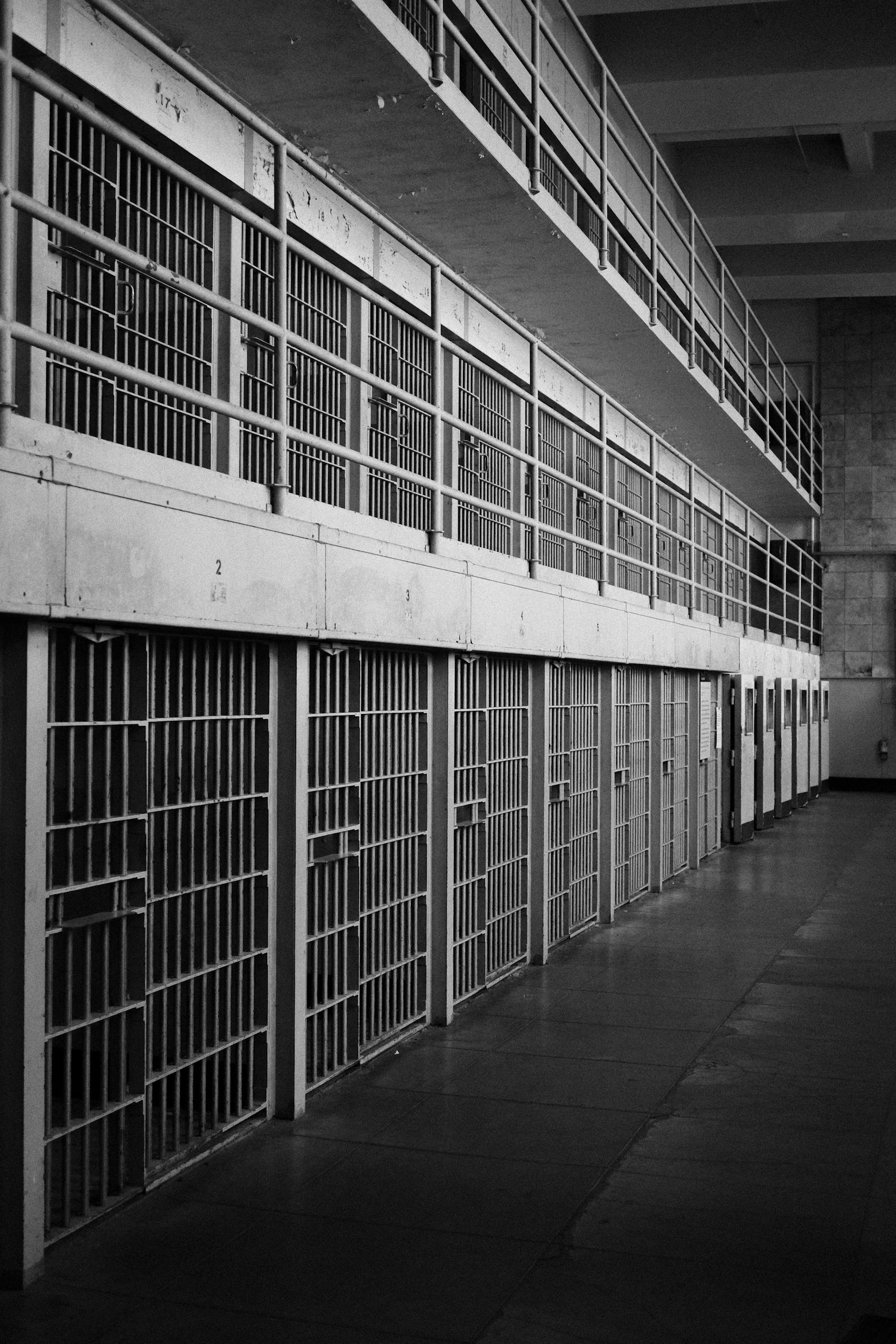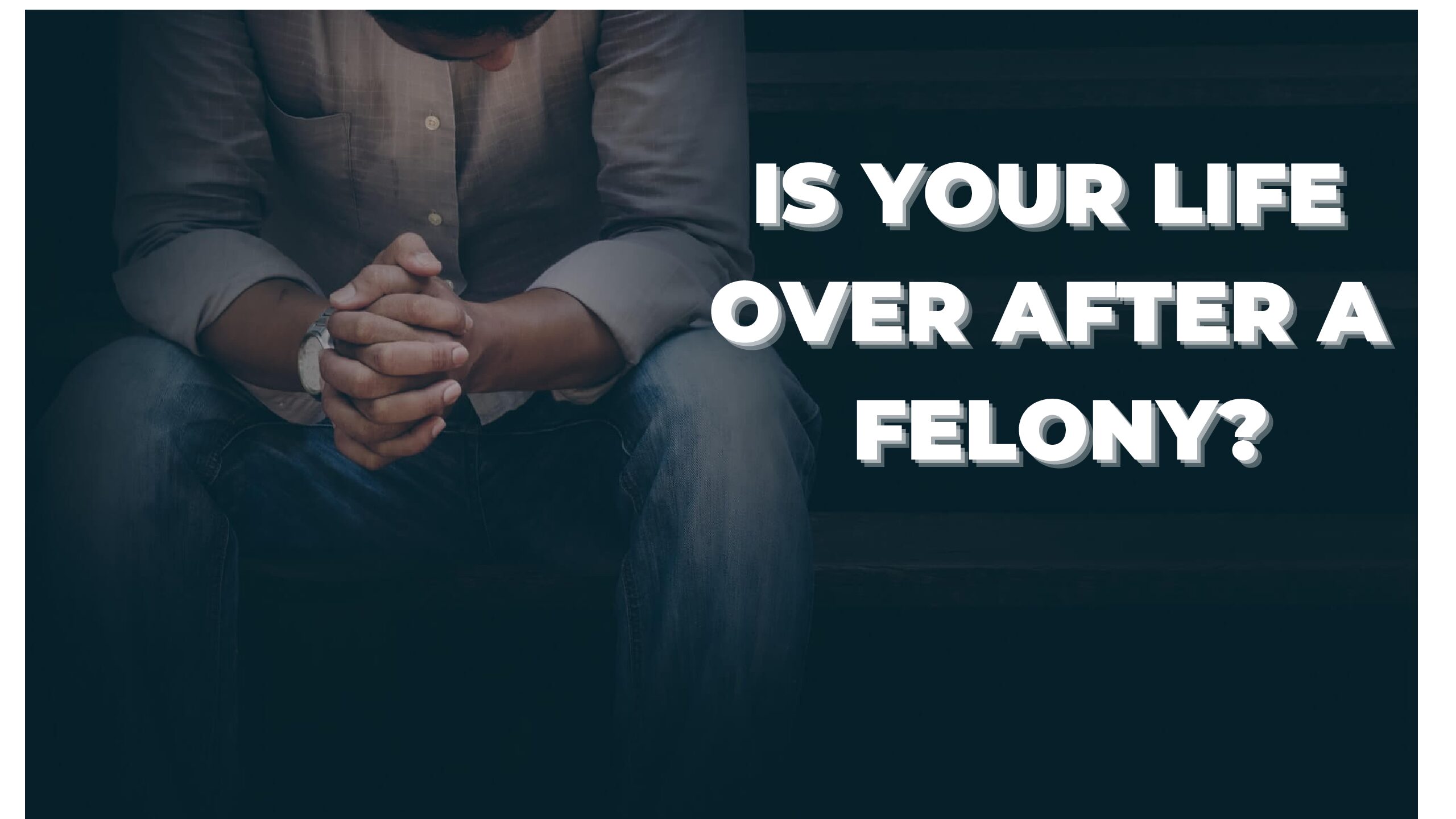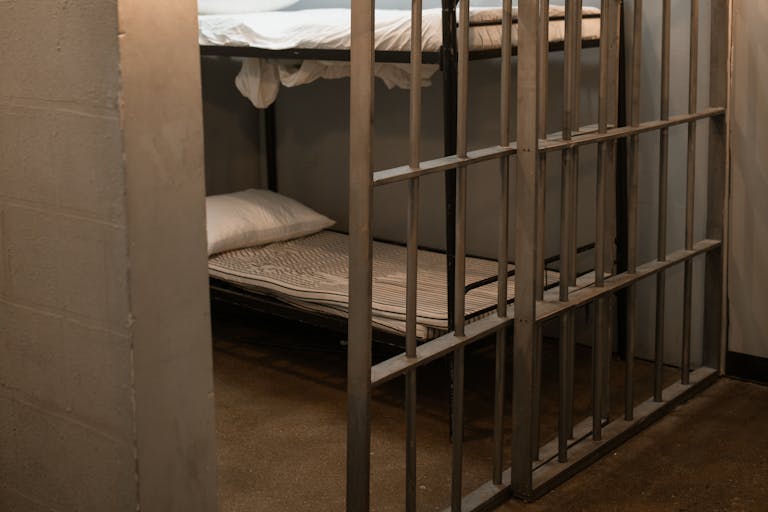ASSOCIATING WITH A KNOWN FELON (Can a felon hang out with another felon?)
Introduction
The other day my friend and I broke the law; No, we didn’t rob a bank. Nor did we carjack anyone. We didn’t even shoot up smack together. All we did was hang out and talk for a little while.
I sat at his house listening to all his problems as I drank some ginger ale to soothe a tummy ache I had from earlier in the day (badasses, aren’t we). Oh, did I fail to mention that we both have felony convictions and participate in the criminal justice system?
So with that, The Supreme Court has held that the First Amendment protects your Freedom of Association, even if you have a criminal conviction.
Meaning that you are free to socialize (or not), with whomever you choose or please. However, those with some form of legal hiccups and are on some form of supervised release may have terms and conditions that restrict this freedom, and having contact with other known felons is generally regarded as a violation of that release.
This is part of navigating the criminal justice system. So, the question turns to whom a convicted felon can associate with.
Understanding Association Restrictions in Criminal Law
Association restrictions are a common condition of probation and supervised release in criminal law. These restrictions prohibit individuals on probation or supervised release from associating with certain individuals, typically those with a criminal history or convicted felons.
The purpose of these restrictions is to prevent individuals from engaging in criminal activity or reverting to old habits.
In the United States, association restrictions are imposed on hundreds of thousands of people at any given time. These restrictions can be isolating and costly to those on supervision, and failure to follow them can result in incarceration.
Despite their widespread use, association restrictions have been criticized for being overly broad and restrictive, and for undermining the social networks that are important for reentry.
Can a Felon hang out with another felon?
Individuals on probation or parole are often subject to association restrictions that prohibit them from interacting with those who have a criminal history.
As a convicted felon, you are not to communicate or interact with anyone you know engaged in criminal activity. If you know someone who has been convicted of a felony, you must not knowingly communicate or interact with that person unless granted permission to do so by the probation officer.
Put another way: You may not associate, socialize, cohabitate, or have romantic involvement with another felon. I.E. what they consider known criminals.
While this covers the basic question of Can a Felon Hang out with Another Felon in a broad sense, the answer is state-specific. Meaning, that each state defines what constitutes “contact”, and as a result governs accordingly.
As a condition of parole/probation, some states prohibit a parolee/probationer from fraternizing with anyone who has previously been convicted of a crime – while other states permit association with others having a criminal record, as long as that person is not engaging in criminal activity. This is particularly relevant for those on felony probation, where the restrictions can be more stringent and the consequences of violations more severe.
Pretty different views on how something is interpreted, huh? At this point, you just may be saying who the hell do you think you are, telling me who I can and cannot talk to?
One of the major reasons behind these conditions put in place is due to offenders falling into old ways with the old crowd. It goes without saying and is justifiable by just looking at the statistics.
Temptation is everywhere and around every corner. Because of it, the opportunity for trouble looms and is prevalent. For the plight of the challenged convicted felon, trouble has a very easy way of finding you, even when not looking.

Having a felony is bad enough. You are considered a threat and danger to the public. A menace to society so to say. And when you add more faces to that crowd, it is construed as conspiring with other criminals in a scheme and/or enterprise. Dealing with these types of conditions can lead to some very awkward and compromising situations.
Can a felon be around an ex-felon?
It all depends, as the issue does not lie with the person who has completed their sentence in full (ex-offender), but rather the offender currently under supervision, as often, terms of release, supervision, and/or even probation officers will prohibit you from associating with someone convicted of a felony.
Probation under the federal system differs from state-level probation, highlighting the rigorous supervision, variances between probation officers, and the importance of understanding criminal records.
Can two people on probation be around each other?
There are many rules in one must adhere to when on any supervision program, as you are to obey all laws, court orders, and terms of your probation set forth.
That said, one of the general guidelines for a probationer is you must not associate with anyone else who is on probation, parole, or other felons. Judges establish supervised release conditions during sentencing, and failing to adhere to these conditions can lead to serious consequences.
This individual must also recognize the challenges involved in such a demand, as high-crime neighborhoods and areas where the offender resides may unfortunately pose extreme risks.
As a result, the probationer is under constant threats of violating due to what and who he/she is surrounded by and subjected to.

Can a felon live with another felon?
Once again, it all depends. If both people have fully completed their sentences, two felons could possibly live together. More often than not, terms of release or probation prohibit one felon from living with another, however, a judge or probation officer may take exceptions in certain cases, as you must prove the hardship and reason for the living situation.
Many of these decisions are made on a case-by-case basis and would need the approval of the probation officer. Probation typically includes restrictions on associating with other felons, but these rules do not completely prevent communication between those who have completed their sentences and those still incarcerated, as long as they are not on probation or parole.
You may also want to check out… How To Make Your Probation Officer Really Like You
I did want to touch on something in this article with a positive note, and the greatest thing of all mankind. I mean, what happens if you fall madly in love with another felon?
Can two felons be in a relationship?
Ironically enough, while it may not be legal for two felons to associate with each other and compromise the terms of probation, it may be legal for them to marry, as the right to marry is a fundamental one (and a bit of a sticky subject).
While the requirements vary slightly from state to state, provided that one person is a man and the other is a woman, they are of legal age and are not related too closely by blood, they have the right to marry, felon or not. Be that as it may, one is still treading very dangerous waters by doing such.
Parolees and Probationers are subject to a long list of conditions imposed by a court or parole board. Those conditions commonly include an order to stay away from other convicted felons. Individuals on felony probation face similar restrictions, including prohibitions against associating with known felons.
By involving oneself in a relationship with someone currently on probation or parole, all while you are currently on supervision yourself, will not be met with the same joy and happiness by the powers that be. Married before release (while in prison) has a better chance of working.
Dating alone may jeopardize one of the party’s freedoms while on supervised release. The better advice would be to hold off and wait it out till one of you is off of supervised release to advance and enjoy the relationship.
Life is hard enough for one felon, let alone two – so why on earth complicate matters? (I can just hear it now, that criminal justice system be damned, and that love conquers all. Yeah, but still though, life will be (more) extremely challenging given this relationship).
Bonus tip: Be mindful of your communications through social media, email, on and offline with others (convicted felons and those incarcerated), as you may get violated for communicating (or anything else for that matter).
Impact on Social Networks and Reentry
Association restrictions can have a significant impact on an individual’s social networks and reentry into the community. By prohibiting individuals from associating with certain people, these restrictions can limit their access to support networks, employment opportunities, and other resources that are essential for successful reentry.
Research has shown that social connections are critical for individuals reentering their communities after incarceration. These connections can provide emotional support, practical assistance, and a sense of belonging, all of which are essential for successful reentry. However, association restrictions can make it difficult for individuals to maintain these connections, particularly if they are prohibited from associating with family members or other community members who have a criminal history.
Furthermore, association restrictions can perpetuate harmful assumptions about people with criminal legal involvement. By assuming that individuals with a criminal history are inherently dangerous or untrustworthy, these restrictions can reinforce negative stereotypes and stigma. This can make it even more difficult for individuals to reintegrate into their communities and rebuild their lives.
In addition, association restrictions can be overly broad and restrictive, prohibiting individuals from associating with people who are not necessarily a risk to public safety. For example, a person on probation may be prohibited from associating with a family member who has a criminal history, even if that family member is not a risk to public safety. This can be particularly problematic for individuals who rely on their family members for support and assistance.
Overall, association restrictions can have a significant impact on an individual’s social networks and reentry into the community. While these restrictions may be intended to prevent criminal activity, they can also perpetuate harmful assumptions and undermine the social connections that are essential for successful reentry.
Conclusion
You are a convicted felon. As such, there are a lot more things you must be aware of (surroundings, situations, and people) to not compromise your freedom.
In doing such, you MUST exercise good judgment and be extremely careful with the company you keep (felon or not). A lot is riding on the line. I mean, it’s your freedom we are talking about here.
Respect, build trust, and communicate with your probation/parole officer, as they may be able to help accommodate the situation.
All of this is in an effort to avoid trouble, assist in offender adjustment and reentry, and most importantly, not become another sad statistic. Once off supervised release, there are no contingencies involving two felons from interacting with one another. Stay well and out of trouble.







4 Comments